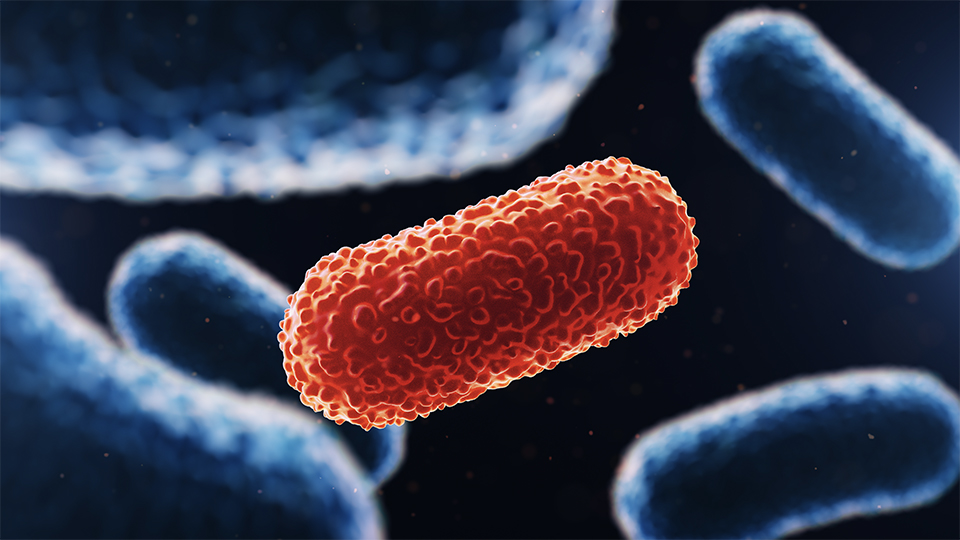Selective Digestive decontamination in the Intensive Care
DOI:
https://doi.org/10.37051/mir-00260Keywords:
Critical care, Pneumonia, Bacteremia, mortality, Acquired infection, selective decontamination of the digestive tractAbstract
As far as first of intensive care unit existed, infections acquired in intensive care (AI) have complicated the use of unevitable invasive care that are necessary for patient care. These are responsible for an increased morbi-mortality which counteracts therapeutic progress. Efforts have been produced for the prevention of AI of exogenous origin (hand washing, skin disinfection, environmental control in particular) but few methods have aimed to prevent AI whose source is the flora colonizing the patient. However, there is a close relationship between colonization by pathogenic microorganisms and the occurrence of AI. Selective digestive decontamination (SDD) has been studied for 40 years now. It is an AI prophylaxis based on oral and/or digestive administration of non-absorbable topical antibiotics whose main targets are anaerobic Gram-negative bacilli. Despite more than 40 randomized controlled trials with a clearly established benefit for the prevention of AI, the implementation of this strategy remains limited. We provide here an update on this prophylaxis by describing its rationale, its effectiveness on the prevention of AI and on clinical outcome and finally by discussing the controversy which reigns over its use.


